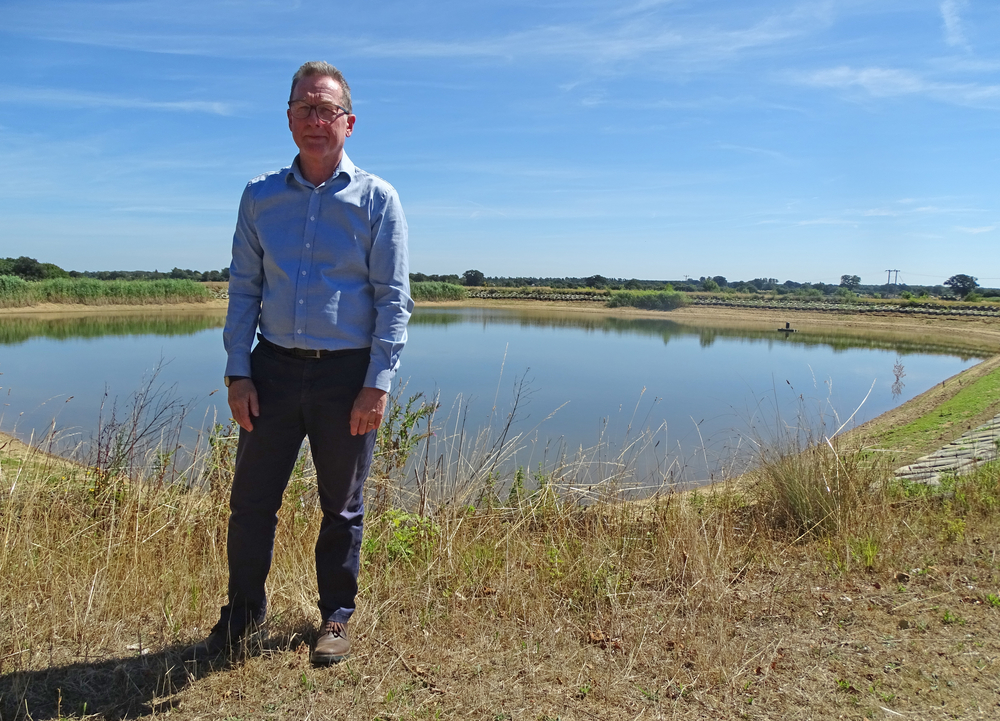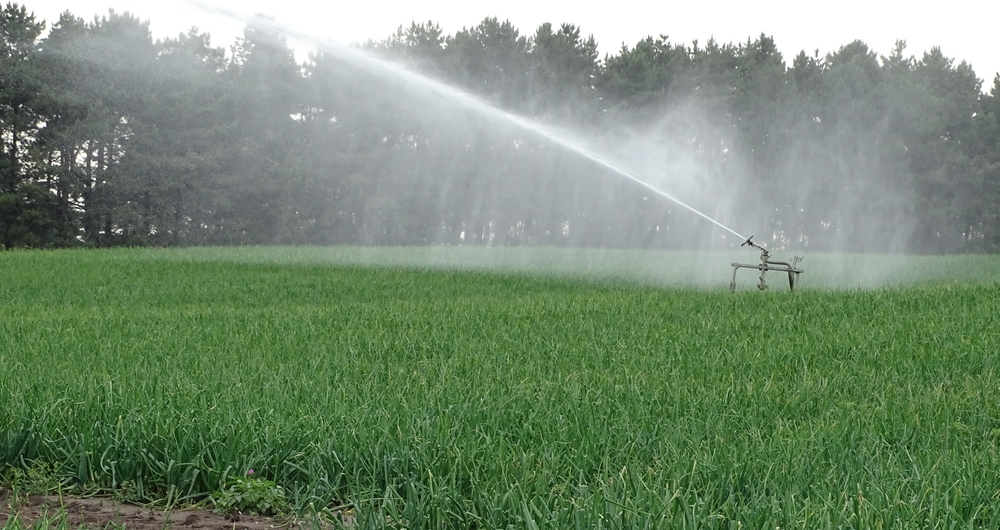In its initial water position statement, the organisation warns the region has little surplus water available, with ambitious reductions in water use and potential additional capacity required to meet estimates of future demand.
It says that, on an average day, in a dry year, the total consumptive demand for water in the WRE region is equivalent to 2,311 megalitres per day (Ml/d). Most of this water (85%) is used for public water supply, with most of the rest used for spray irrigation (8%), power generation (3%) and in the manufacturing, food and drink sectors (2%).
The WRE statement says future agricultural need could have profound implications for water demand in the WRE region, with Cranfield University estimates stating peak daily demands for summer irrigation could increase from around 600 Ml/d to between 800 Ml/d and 1,450 Ml/d.
It identifies more effective integrated water management as pivotal to meeting the three challenges of securing economic growth, increased benefits for local communities and the environment, and greater resilience to flood, coastal inundation and drought.

NFU National Water Resources Specialist Paul Hammett said the statement rightly puts the focus on planning future agricultural demand at the sub-regional and catchment level.
In the Broadland Rivers catchment, for example, farmers are already facing restrictions on access to water, while Anglian Water is managing sustainability reductions.
“ A joined-up local, multi-sector approach is an attractive option for reducing the risks of planning for agricultural production with insecure water supplies,” he said.
He said recent droughts had led to severe impacts for the farming and environment sectors but little impact on water companies and their customers, with domestic water use unaffected.
“We believe there must be a better and more equitable way to manage droughts, that recognises the essential nature of water for food production,” he said.
Mr Hammett said the capture, storage and distribution of water for agricultural use in on-farm reservoirs and multi-sector storage would be essential if the region’s vital food and farming sector was to thrive.
WRE is a as a not-for-profit, independent company bringing together organisations including water companies, local authorities, the Environment Agency and the NFU to better manage the East of England's precious water resources.
